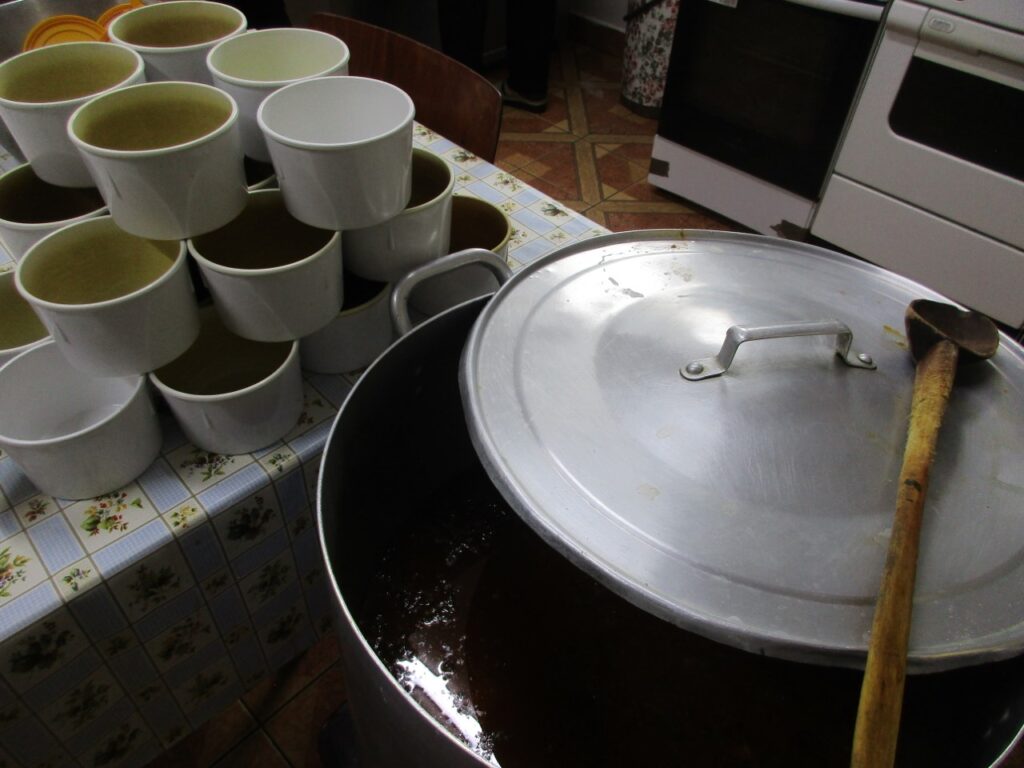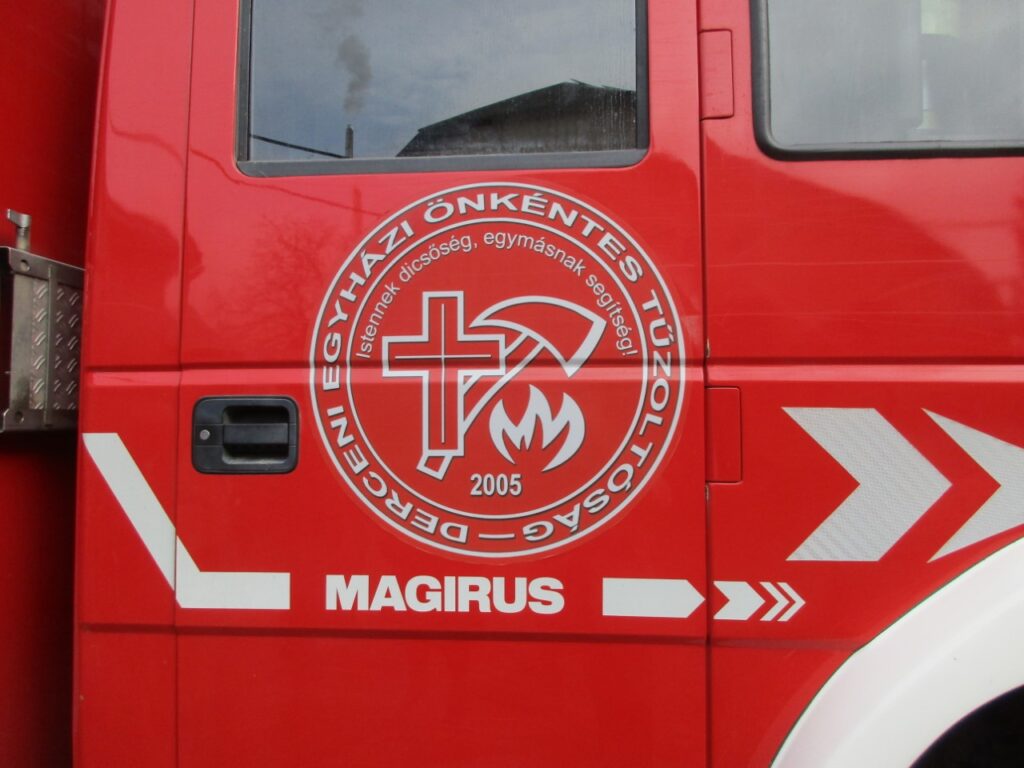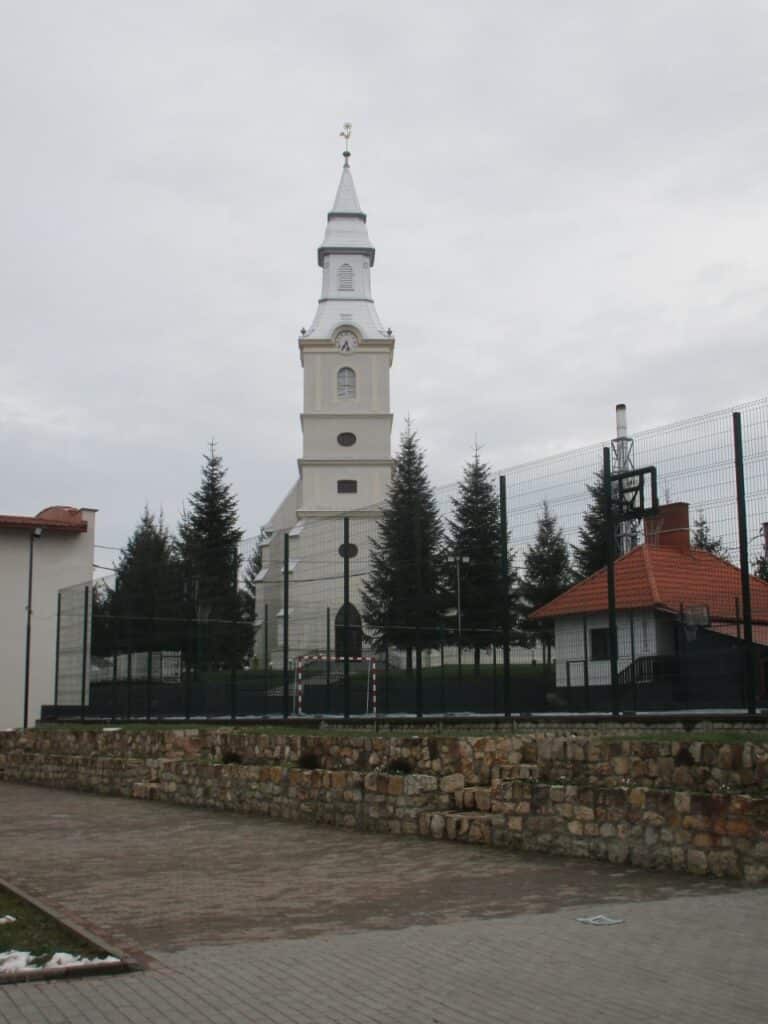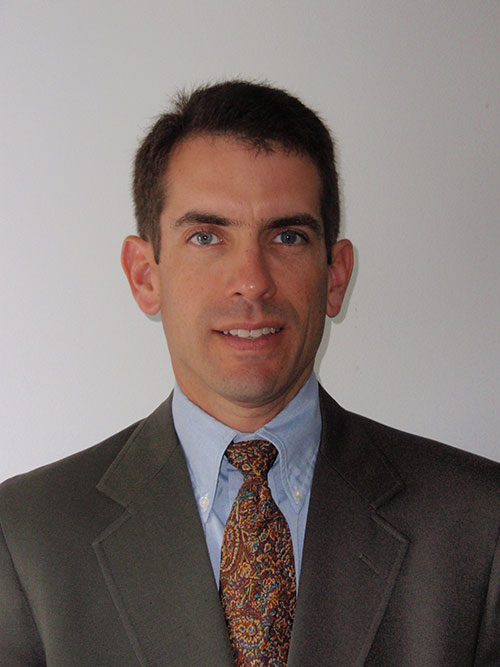Tracking the UCC Ukraine response

Day 4
Transcarpathia
Unseen effects of war
by Peter Makari
Transcarpathia, or “across the Carpathian Mountains,” in Western Ukraine is known to the people who live here as Subcarpathia, which means “at the foot of the Carpathian Mountains.” The difference is a matter of perspective and history. Subcarpathia is home to the Hungarian Ukrainian minority community who speak Hungarian, and who are culturally Hungarian, for this region was part of Hungary before the Treaty of Trianon (1920) broke Hungary up after World War I.
There is no fighting here, at least in the sense of the aggression being waged against Ukraine by Russian forces. But the impacts of the war – which residents remind us started in 2014 – is most certainly showing its effects on the people.

Men of military age have either left the country or keep a low profile, hoping they could avoid enlisting in the Ukrainian army. They are therefore not able to work locally to provide for their families. Those who are in high school prefer to continue their studies abroad – in Hungary or elsewhere – and have little incentive to return, meaning that families are separated, and the community’s long-term future is uncertain.
Families living in abject poverty are living meal to meal and have no clear pathway out.
One household we visited today consists of a mother with several children. The older boys have left, the younger children are still at home and in order to care for the children, the young mother – whose husband died in his sleep recently – cannot work outside her home.

National resources are currently being spent on financing the war, leaving even less than usual available for roads, schools, and safety services like fire departments in areas such as these.
Even so, the Reformed Church in Transcarpathia, an historic partner of our UCC partner the Reformed Church in Hungary, is doing all it can to meet the needs of the people. For example, it has opened its facilities to be used as shelters for internally displaced Ukrainians – mostly women and their children – from war-torn areas of the country. It also operates a soup kitchen and food distribution program.
The motto of the Dercen volunteer fire department, whose chief is also a former Executive Presbyter (or Dean) for the area, is “Glory to God, Helping Each Other.”
This pastor – and the Reformed Church community – is literally putting out fires. They hosted 16 internally displaced Ukrainians for six months at the fire station. The church established a home for the elderly, including those with dementia, whose families are no longer here and therefore who have no one to care for them. The facility is also housing displaced Ukrainians, and we met a family of four generations – a great grandmother, grandmother, mother, and daughter who fled for the second time, having experienced care when they were displaced in the 2014 war for the Crimea. The diaconal department of the Reformed Church bakes and delivers loaves and loaves of bread to the community every day, offers a soup kitchen, distributes food and clothes,
firewood, and runs an orphanage. The UCC has provided support for the Reformed Church in Transcarpathia to “help the helpers.”
The war in Ukraine has exacerbated existing needs, but the Church has demonstrated gracious hospitality to newly arrived displaced Ukrainians. It has continued to meet the needs of its own community as well. As a minority in the country where very few outside the area know about them, they offer a witness to their faith that is inspiring.

Peter Makari, Global Ministries Executive for the Middle East and Europe, is part of a four-person United Church of Christ delegation meeting with global partners in Europe to see how UCC gifts are being used to help the people of Ukraine.